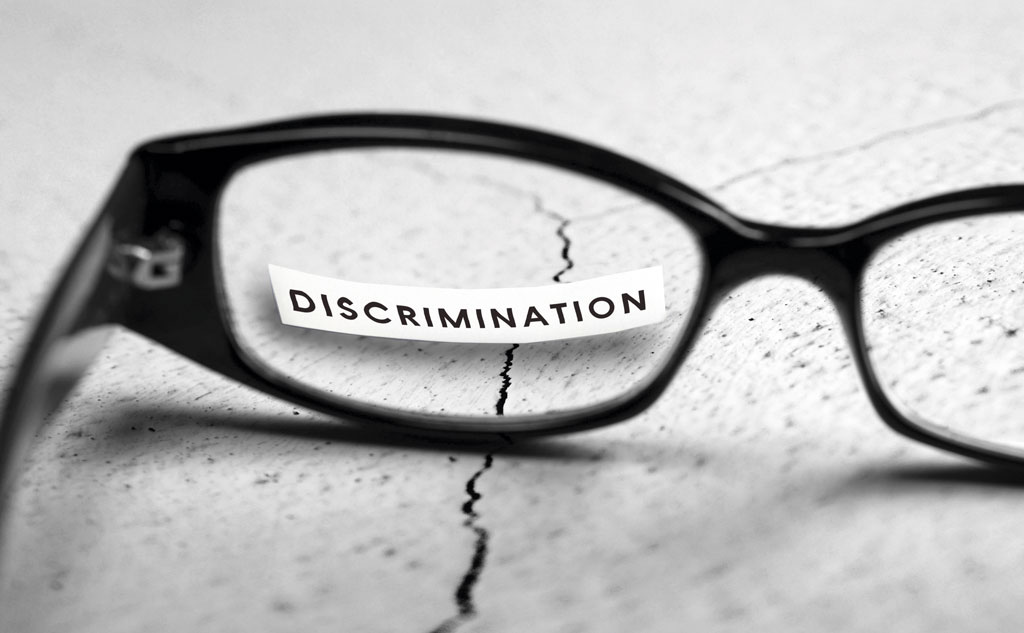
Charles Pigott welcomes recent Supreme Court clarity on tackling indirect discrimination
- In Essop and Naeem the Supreme Court has done much to restore coherence to this difficult area of the law.
- As a result it has become harder for employers to persuade tribunals to dismiss indirect discrimination claims at a preliminary stage.
The combined appeals of Essop and others v Home Office (UK Border Agency); Naeem v Secretary of State for Justice [2017] UKSC 27, [2017] All ER (D) 12 (Apr) provided the Supreme Court with a unique opportunity to offer authoritative guidance about some of the more troubling aspects of the law regarding indirect discrimination.
Essop concerned the impact of an internal test on BME (black and ethnic minority)candidates for promotion, while Naeem was about the impact of service-related pay on Muslim prison chaplains. In both cases there was no dispute about the existence of an apparently neutral ‘provision criterion or practice’ (PCP). However, the remaining ingredients in the definition of indirect discrimination in s19 of the Equality Act









